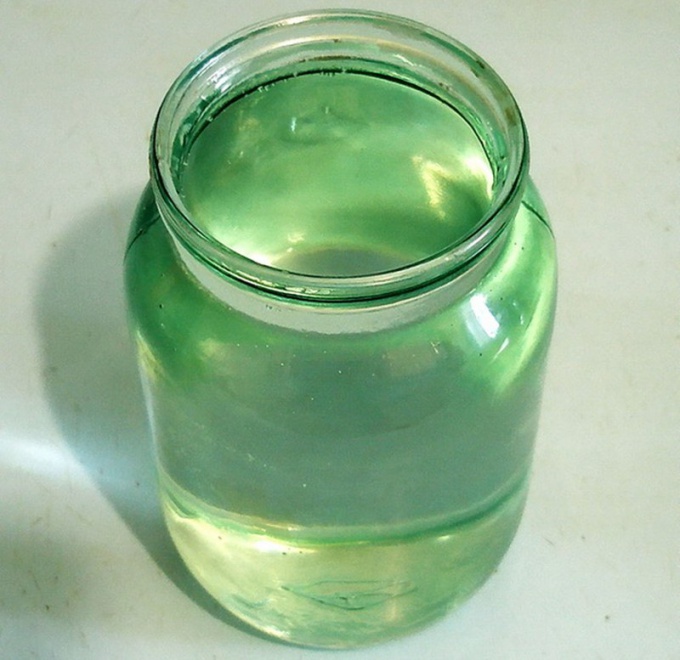A simple experiment
The volume of water is often measured in liters. Weigh 1 l of distilled water is easy. To do this:
- electronic scales;
- measuring utensils;
Bank;
- water.
Distilled water you can buy in the store, which sells auto parts and other goods for motorists, as well as in the pharmacy. Bank better to take the glass. Chemical glassware for experiments with water is not required. Weigh an empty jar. Pour in exactly 1 litre of water and weigh again. Subtract the second result of the first. You'll have a lot of water. And you will see that it is equal to 1 kg. If you have water from the tap or from the well, she may weigh a little more due to the dissolved salts. The error is usually insignificant for school and experience the difference can be neglected.
Converting measures of volume
Remember, what is It 1 liter is a thousand cubic centimeters, that is, one cubic decimeter. In turn, in one cubic meter a thousand cubic decimeters. To verify this, it is enough to cube the ratio 1 m = 10 DM. what is the weight of 1 dm3, you have already calculated. Remember, what is ton. It is equal to 1000 kg. That is, one ton weigh 1000 dm3 of water. It turns out that 1 cubic meter of distilled water will weigh exactly 1 ton.
Other liquids
Distilled leading is a kind of benchmark, which can be used for weighing other items. After all, it costs nothing to turn a jar of water in the weights. Filling it a certain amount of water, you'll know exactly how much it weighs, so you can use this "weight" and to work with mechanical weights. Calculate the ratio of mass and volume of other liquids it just won't work. There is one further value – density. You can find it in the table of densities of various chemical substances. Calculate the density according to the formula ρ=m/V where m is mass, and V is the volume. To find mass, you need density multiplied by volume. The same equation we can calculate the mass of 1m3 of water. The density of water is equal to 0,9982 g/cm3, but for calculations that do not require very high precision, it is usually taken as 1 g/cm3. Substituting this value into the formula, you get m = ρ*V = 1 g/cm3 * 1000000 cm3 = 1000000 g = 1000 kg = 1 t
In the same way we can calculate the mass of solids, if it can't scale, but it is possible to measure the volume and it is known which substance it is made. To calculate the mass of the body, consisting of several parts, we can take the average density, but the calculations will be a big error.
